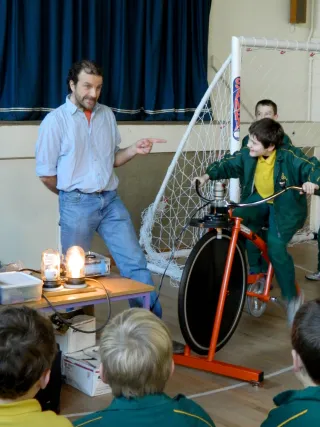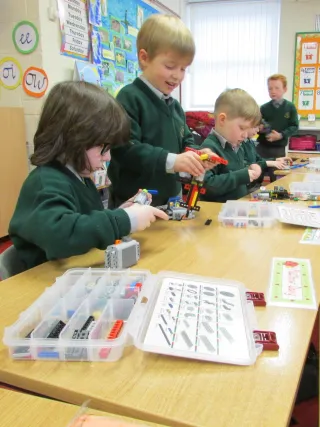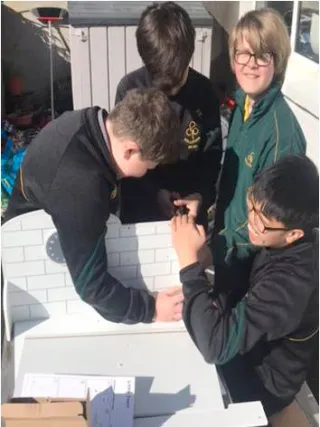Digital Technology, Maths, SESE, STEM
Digital Technology
We are implementing the Digital Learning Framework, developed by the DES, to effectively embed digital technologies into teaching, learning and assessment.
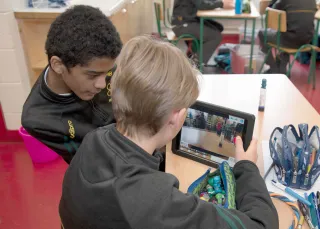
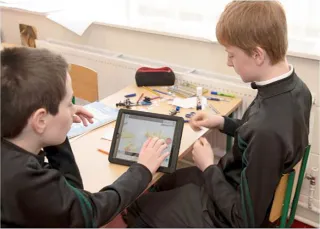
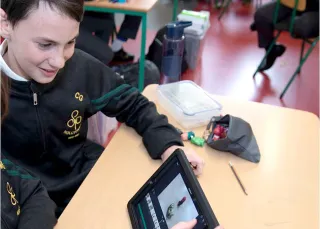
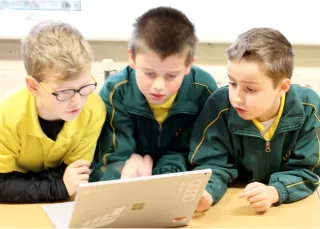
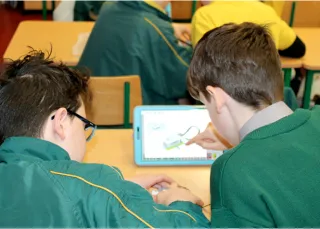

Mathematics

The curriculum comprises five strands:
- Number
- Algebra
- Shape and space
- Measures
- Data
These strands, although presented in separate sections, are not isolated areas. They should be seen and taught as interrelated units in which understanding in one area is dependent on, and supportive of, ideas and concepts in other strands.
SESE

Social, Environmental and Scientific Education (SESE) consists of three subjects:
- Science
- Geography
- History
SESE enables children to explore, investigate and develop an understanding of local and wider environments. The current curriculum was introduced as part of the Primary School Curriculum (1999).
SESE – History
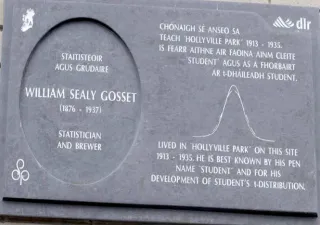
History is for all children from junior infants to sixth class. The curriculum supports children to develop basic skills as an historian through a knowledge and understanding of people, events and developments in the past.
- Myself and my family
- Story
- Early people and ancient stories
- Life, society, work and culture in the past
- Eras of change and conflict
- Politics, conflict and society
- Continuity and change over time.
SESE – Geography
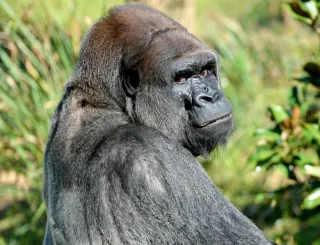
Geography is for children from junior infants to sixth class. The curriculum enables children to make sense of their surroundings and the wider world. They do so by developing a range of geographical skills as they explore the natural and human elements of local and wider environments.
The curriculum is presented in sections:
- Human environments
- Natural environments
- Environmental awareness and care.
SESE – Science
Science is for children from junior infants to sixth class. The curriculum supports children to develop basic scientific skills through a knowledge and understanding of science.
- Living things
- Energy and forces
- Materials
- Environmental awareness and care.

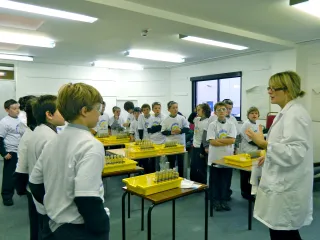
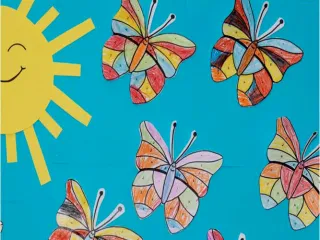
STEM (Science, Technology, Engineering and Mathematics)
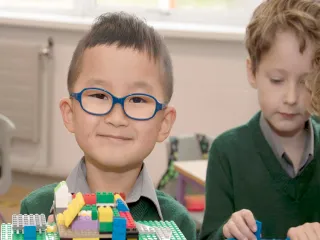
STEM is an approach to learning and development that integrates the areas of science, technology, engineering and mathematics.
Through STEM, students develop key skills including:
- problem solving
- creativity
- critical analysis
- teamwork
- independent thinking
- initiative
- communication
- digital literacy.
